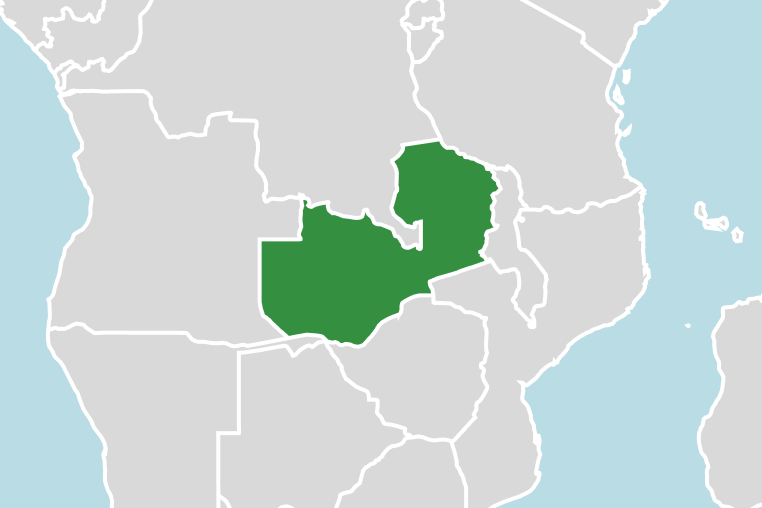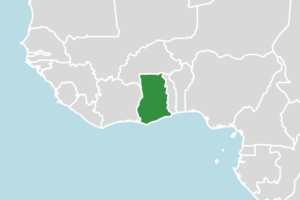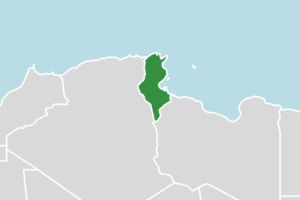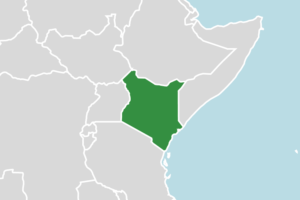Zambia and the AfCFTA

Zambia’s commitment to the African Continental Free Trade Area (AfCFTA) is central to its aim to improve its citizens’ standard of living by boosting its economic performance. It is also anchored in its historical support of the African Union (AU) and of regional economic communities such as the Southern African Development Community, and the Common Market for Eastern and Southern Africa.
Zambia ratified the AfCFTA agreement in February 2021 and was one of the first countries to develop a national strategy for the implementation of the AfCFTA, with a view to using the free-trade agreement that underpins it to explore new markets while increasing exports to its traditional trade partners on the continent.
The south-central African country’s economic development hinges on industrialisation and export-led growth and it envisages annual increases in export earnings of between 15%, for traditional export goods such as metals and minerals, and 25% for non-traditional exports during the AfCFTA implementation.
How Zambia is preparing the ground for the AfCFTA
Zambia’s government is keen to take advantage of the AfCFTA to grow its economy and thereby raise its citizens’ standard of living by elevating the country’s status from a lower-income country to a prosperous middle-income country, and from a least developed country to a developing country, by 2030.
In Zambia the GIZ is supporting efforts to establish institutional and legal frameworks that underpin negotiations on and implementation of the AfCFTA.
The GIZ’s assistance in Zambia focuses on:
What we have achieved so far
Zambia has developed a national AfCFTA implementation strategy, and relevant structures have been established to implement the AU’s Action Plan for Boosting Intra-African Trade.
The GIZ has supported symposia and training workshops, including through the World Trade Organization (WTO), that are aimed at boosting Zambia’s using the AfCFTA to its economic advantage. We have also supported the completion and validation of a provisional AfCFTA tariff phase-down schedule, and the participation of selected small and medium-sized enterprises at the 2023 Intra-African Trade Fair in Cairo, Egypt.
Facts and figures
The AfCFTA will help Zambia boost its intra-African trade, which it is intent on growing.
Exports to other African countries (2021):
approximately USD 2.2 billion
Imports from African countries (2021):
USD 3.2 billion
Exports to the rest of the world (2021):
approximately USD 9 billion
Imports from the rest of the world (2021):
USD 3.9 billion
Exports to other African countries (2022):
approximately USD 3 billion*
Imports from African countries (2022):
approximately USD 5.5 billion*
*Provisional statistics
Our partners in Zambia
Political partner: Ministry of Commerce, Trade and Industry
Main implementing partners:
National AfCFTA Implementation Committee
Zambia Revenue Authority – Customs Services Division
Private sector stakeholders:
Zambia Chamber of Commerce and Industry
Zambia Association of Manufacturers
Cross-Border Traders Association of Zambia
Related Content



